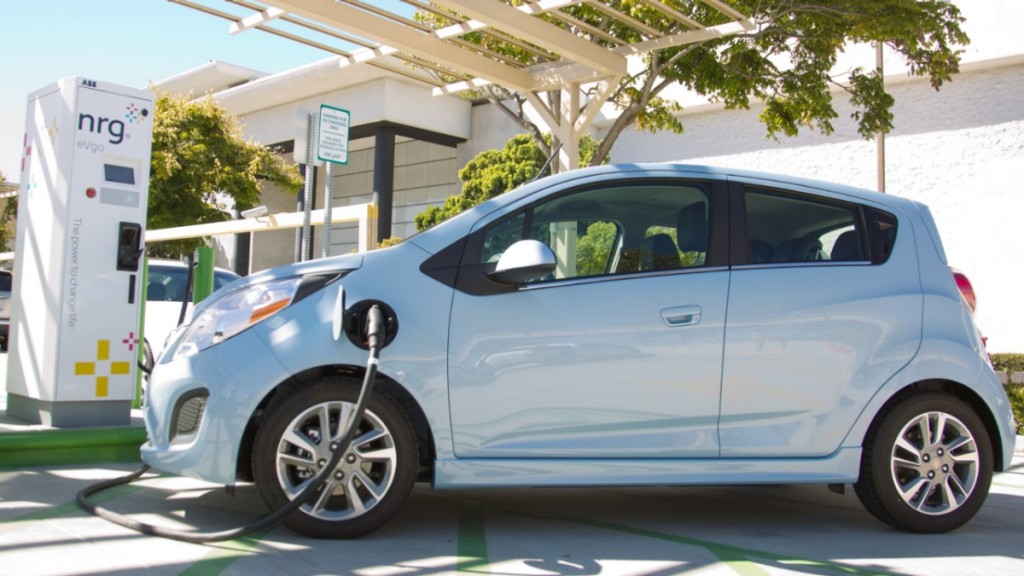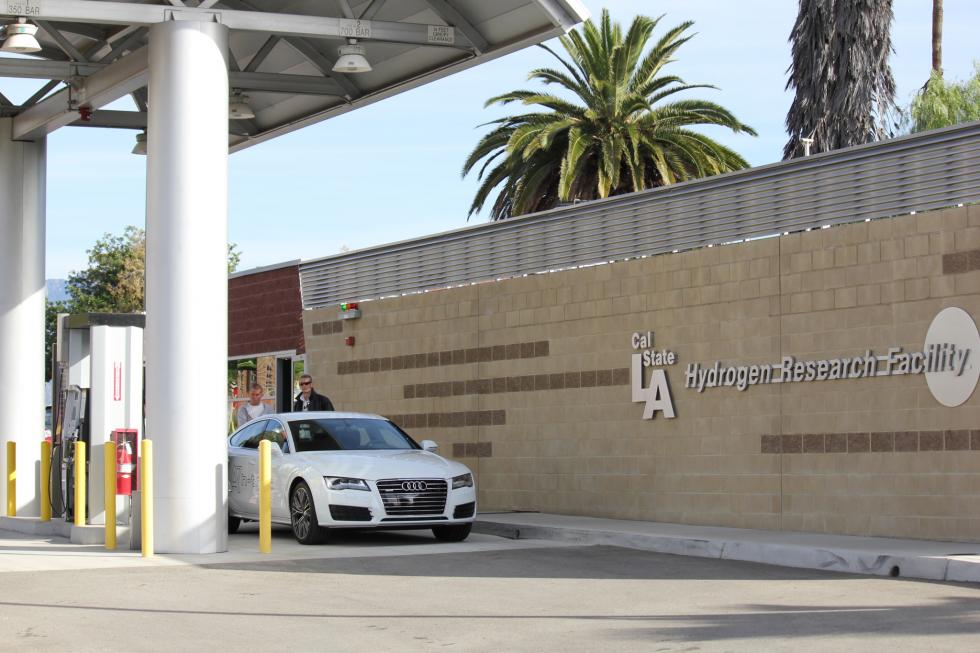Earlier this year, California Governor Jerry Brown proposed ambitious goals for dealing with climate change by drastically cutting fossil-fuel use in the state.
In his inaugural address, the man once dubbed "Governor Moonbeam" by Doonesbury cartoonist Garry Trudeau called for the state to reduce the petroleum used in cars and trucks on its roads fully 50 percent by 2030.
Legislation was recently introduced to codify that and other climate change goals, and a group of relevant authorities met to discuss it last week in Sacramento.
DON'T MISS: California Approves Aggressive New Plans To Combat Climate Change
The public forum, called "50/50/50 by 2030: Transportation and the California Energy Challenge," was hosted by RealClearPolitics and sponsored by the Diesel Technology Forum.
It took its name from the triple goals of cutting petroleum use by 50 percent, generating 50 percent more electricity from renewable sources, and doubling the energy efficiency of older buildings.
All of these goals were outlined in California Senate Bill (SB) 350, which was passed by that legislative body earlier this month.

Chevrolet Spark EV at CCS fast charging station in San Diego.
One of the bill's main sponsors was Senate president pro tempore Kevin de León, who appeared at the event to defend it.
The Democrat said the measures outlined in SB 350 may constitute some of the most far-reaching seen globally thus far--and expressed confidence that they will be implemented.
ALSO SEE: Fossil Fuel Use Must Plummet By 2050, End By 2100: G7 Meeting
Before any of that can happen, the bill must pass through the California Assembly before being signed into law by Brown.
The bill is already attracting criticism regarding its potential effect on California's economy, but de León dismissed this.

Cal State L.A. Hydrogen Research and Fueling Facility
He said the negative effects of climate change could eventually pose more of a threat to the economy than any job losses brought on by stricter regulations, and that California doesn't need industries that depend on fossil fuels for its growth.
However, there's still the question of exactly how the "50/50/50" goals will be achieved.
MORE: California Helps Low-Income Drivers Switch To Electric Cars
SB 350 set the targets, but mechanisms for reducing energy use and shifting to renewable energy will be determined in rule-making to take place at a later date.
In addition to SB 350, the California Senate recently passed SB 32, which will ultimately require carbon emissions to be reduced 80 percent below 1990 levels by 2050.
One more bill--SB185--calls for the massive California pension funds to divest from coal. It applies only to companies generating over half their revenue from mining "thermal coal," however, as opposed to coal for steel-making or other uses.
And it gives the boards broad of those funds discretion to consider their constitutional fiduciary responsibilities to support a decision not to make a particular divestment.
[EDITOR'S NOTE: An earlier version of this article cited SB32 as the bill calling for California pension funds to divest from coal. It is actually SB185. We regret the error, and thank our reader--who wishes to remain anonymous--for pointing out the error.]
_______________________________________________












